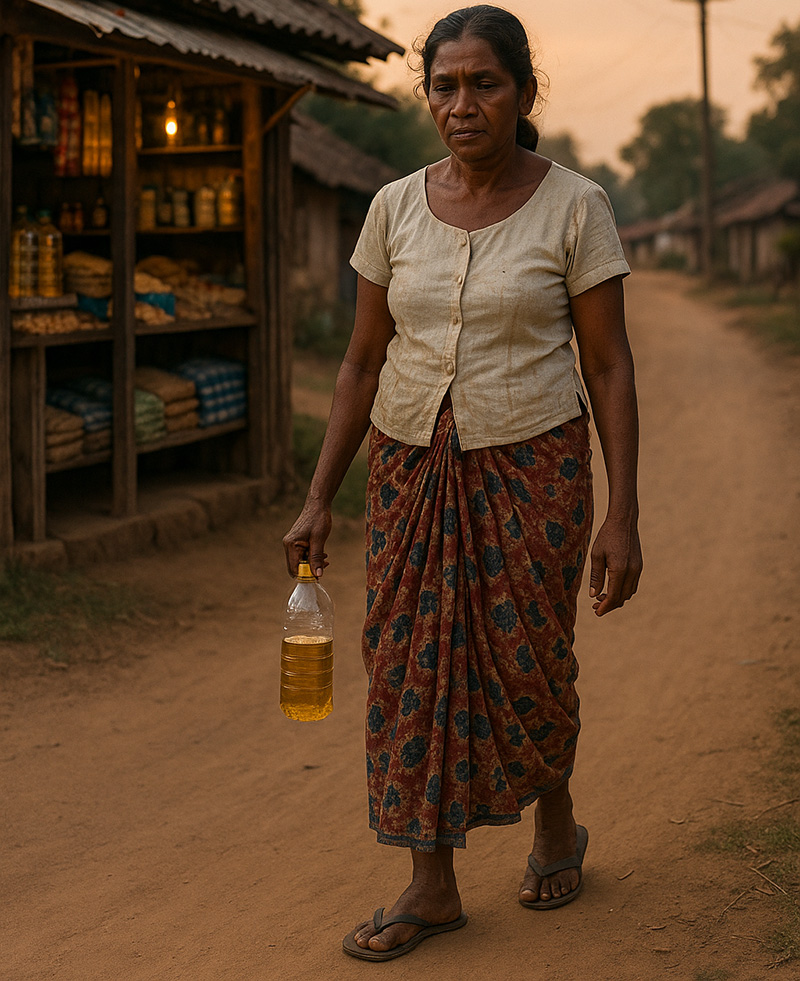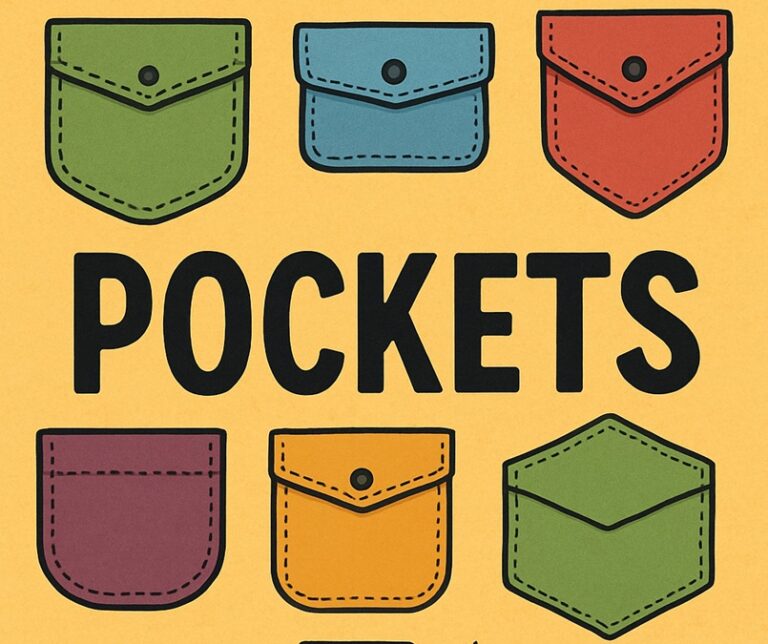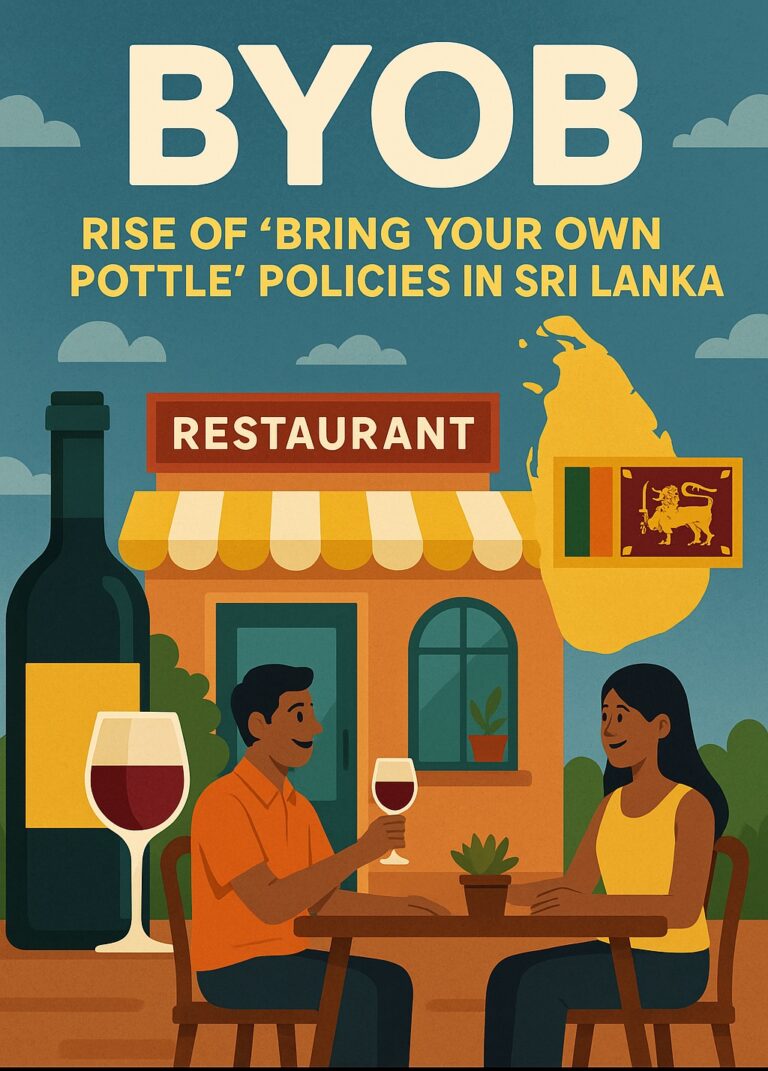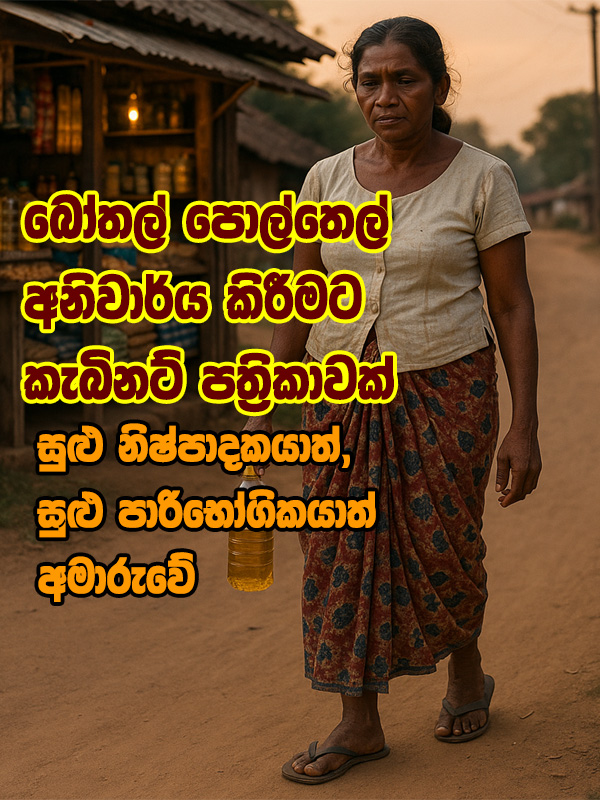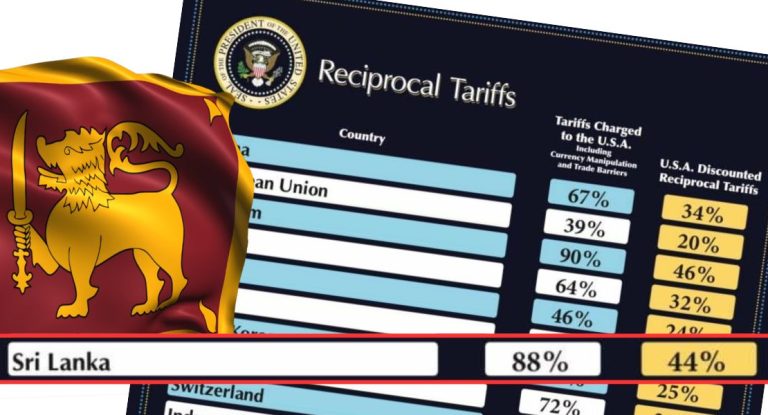Colombo, Sri Lanka – A cabinet paper has been submitted proposing a ban on the sale of unpackaged coconut oil, citing escalating health concerns among consumers. The move, aimed at safeguarding public health, seeks to regulate the distribution of coconut oil, a staple in Sri Lankan households.
The proposal comes amidst growing apprehension regarding the quality and purity of unpackaged coconut oil sold in the market. Health officials have raised alarms about potential contamination and adulteration, which could pose serious risks to consumers. The lack of proper labelling and quality control in unpackaged sales makes it challenging to ensure product safety.
However, the initiative is not without its critics. Various stakeholders, including small-scale vendors and traditional producers, have voiced concerns, arguing that a blanket ban could adversely impact their livelihoods. They emphasise the importance of traditional sales channels, which have long provided affordable options for many consumers.
Critics are urging the government to consider alternative solutions, such as implementing stricter quality control measures, regular inspections, and consumer awareness campaigns, rather than an outright ban. They believe a balanced approach is necessary to protect public health without disrupting the livelihoods of those dependent on the unpackaged coconut oil trade.

